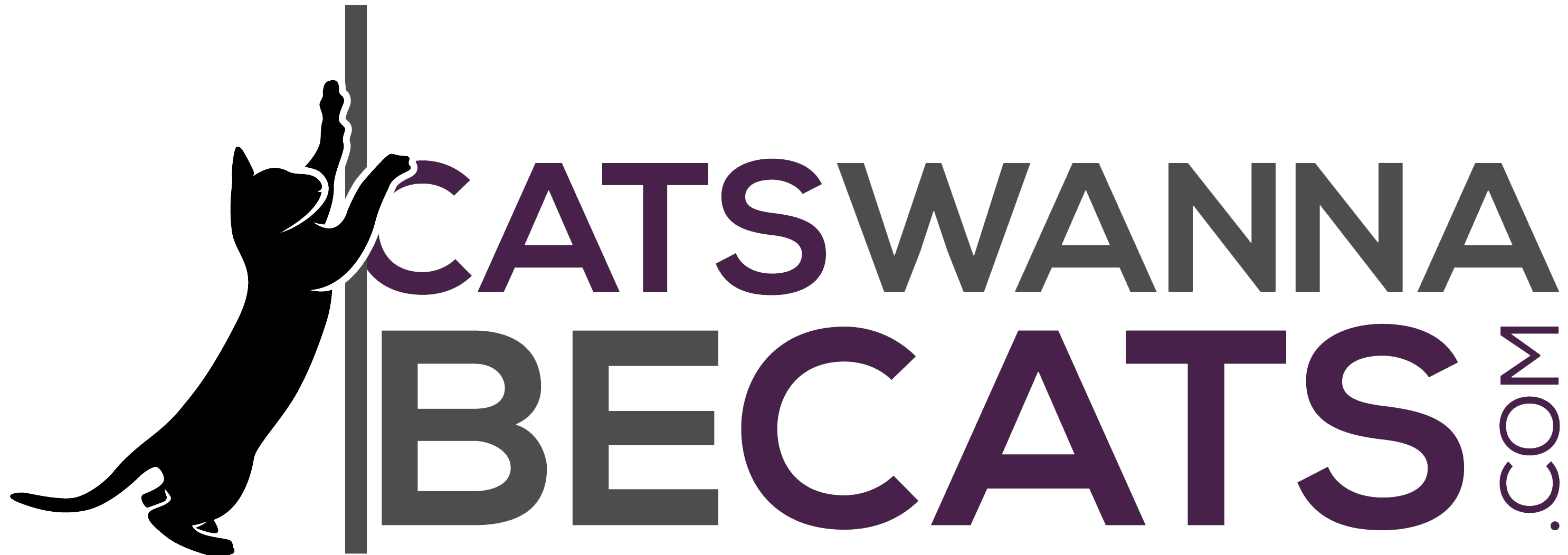-
Ritter Powell posted an update 7 months, 3 weeks ago
Navigating the Fine Line: Buying Fakes Legally
In an elaborately woven tapestry of consumer culture, the practice of buying counterfeit items has actually become a controversial topic. This post will look into the nuances of purchasing fakes legally, exploring ethical considerations, legality, and prospective avenues through which individuals can obtain replica items without entering the dirty waters of legality.
Comprehending the Legal Landscape
The legality of purchasing fake products mostly depends upon the jurisdiction and the intentions behind the purchase. In lots of countries, counterfeit products are expressly forbidden, especially if they are meant for resale or business use. Nevertheless, buying a replica for individual use can inhabit a gray location. Here’s a breakdown of this complex landscape:
What’s Legal?
- Replica Items for Personal Use: In some cases, individuals might purchase replicas for individual enjoyment– think about clothing, devices, or home decoration. Such purchases are generally legal, especially if the intention is not to misguide others about the origin of the product.
- Custom-made Goods: Some makers and artisans develop products that are inspired by famous brands without infringing on trademarks. These items typically have their own distinct designs and do not bear the brand’s logo design.
- Art and Performance: In the art world, replicas and motivated pieces are typically accepted and commemorated, provided they are not provided as initial works.
What’s Illegal?
- Hallmark Infringement: Selling items that are stealthily comparable to a brand’s trademarked items can result in legal effects.
- Misleading Consumers: If buyers present fake goods as genuine items to others, they can face legal obstacles, especially in regards to fraud.
- Resale of Counterfeit Goods: Reselling fake items– irrespective of how they were originally obtained– is usually prohibited and can draw in substantial charges.
The Ethical Debate
While it may be technically legal to acquire replicas for personal usage, the ethical ramifications can not be disregarded. The production of counterfeit items typically exploits labor laws, ecological regulations, and reasonable trade concepts. Therefore, individuals thinking about such purchases ought to show on the more comprehensive impact of their options.
Factors To Consider Before Buying Fakes
- Labor Practices: Understand where and how the replica is produced. Lots of counterfeit products come from factories that take part in bad labor practices.
- Environmental Impact: Counterfeit products frequently make use of products that are harmful and not sustainably sourced, affecting the environment adversely.
- Consumer Choices: Buyers should think about the message their purchases send to brand names and merchants. Supporting counterfeit markets can undermine legitimate companies.
Ways to Buy Legally and Ethically
With a clearer understanding of the legal and ethical implications of purchasing fakes, consumers can browse this landscape more successfully. Here are some methods to buy reproduction or motivated items without contravening of the law:
1. Shop from Authorized Reproductions
Many brand names produce their own line of duplicated products as a method to offer more affordable choices while maintaining quality. Falschgeld Kaufen Paypal authorized reproductions are usually offered through reputable retailers.
2. Check Out Alternative Brands
Rather than acquiring fakes, customers can look for alternative brands that provide similar styles at lower prices. Lots of fashion-forward brands produce inspired designs that echo the visual appeals of high-end items without the significant cost.
3. Check Out Local Markets and Artisan Shows
Local artisans typically develop inspired pieces that catch the essence of high-end brands without infringing on copyright. Supporting regional craftspeople can be an outstanding method to enjoy comparable designs while staying ethical.
4. Online Marketplaces
Certain online marketplace platforms permit sellers to provide handmade, special designs that do not infringe on trademarks. Organizations such as Etsy and Redbubble enable craftsmens to sell creations that are motivated by popular patterns without straight simulating brand logos.
Frequently Asked Questions (FAQs)
Q1: Is it prohibited to buy fake products for personal use?
A: While the legality can vary depending upon the area, purchasing fake items for individual usage is often legal. However, providing these items as genuine can lead to legal repercussions.
Q2: What are the risks of purchasing counterfeit products?
A: Risks include supporting dishonest labor practices and possible legal consequences if the products are misrepresented. In addition, counterfeit items often do not have the quality and resilience of genuine goods.
Q3: How can I recognize licensed replicas versus fakes?
A: Research brands and inspect their official websites for details on licensed replicas. Try to find quality signs and guarantee info that might differentiate authorized products from fakes.
Q4: Are there any legal repercussions for buying fakes?
A: Generally, purchasing fakes for individual use isn’t heavily penalized. Nevertheless, misrepresenting these items or reselling them can lead to legal actions, consisting of financial fines and confiscation of goods.
In conclusion, the world of purchasing fakes legally is marked by a web of intricacies involving legality, ethics, and customer options. While there are routes that enable individuals to take pleasure in replica items without crossing ethical lines, it’s crucial for customers to stay knowledgeable about the implications and implications of their purchases. By picking ethical options, checking out licensed reproductions, and supporting local artisans, purchasers can enjoy their desire for luxury-inspired designs responsibly.
